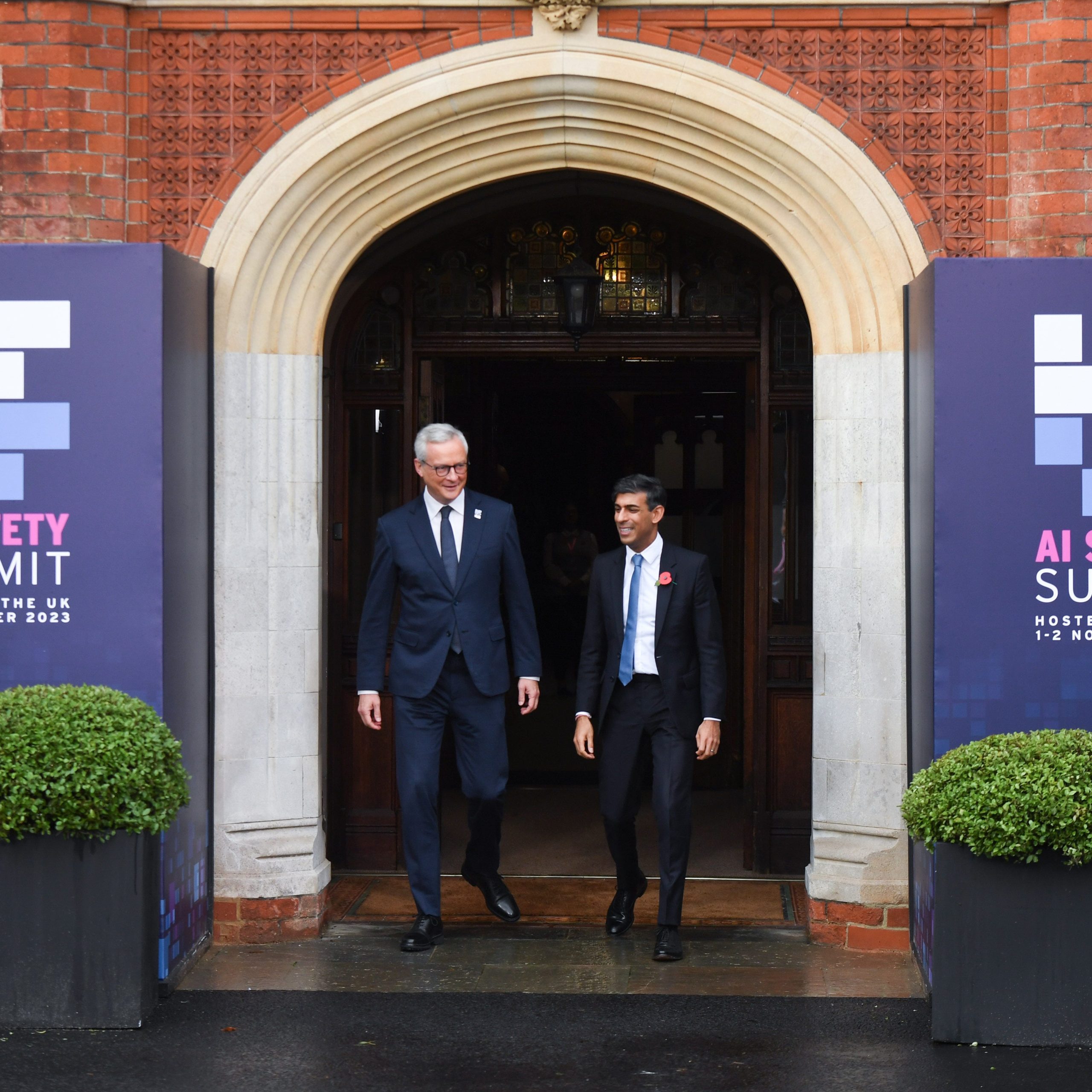European nations are intensifying their efforts to establish leadership in artificial intelligence (AI), with France recently announcing its intention to host the second AI Safety Summit shortly after the United Kingdom hosted the inaugural event.
France’s commitment to AI leadership
Jean-Noël Barrot, French Minister Delegate for the Digital Economy, emphasized the significance of international cooperation in AI security, calling it a critical concern for the future. He stated, “The first edition of the Artificial Intelligence Security Summit, organized by the United Kingdom, provides an opportunity to develop international security cooperation, a crucial issue for the years to come. It was, therefore, natural for France to host the second edition of this summit.”
France aims to position itself as a European leader in AI development, showcasing its commitment through various initiatives, including AI ethics and a substantial €500 million (approximately $534 million) pledge to support global AI players.
The race for AI supremacy
The global race for AI supremacy is intensifying, with nations vying to establish themselves as AI research and development leaders. The United Kingdom has been particularly explicit about its intentions, pledging hundreds of millions of dollars to advance AI.
French Finance Minister Bruno Le Maire emphasized the importance of AI as a driver of innovation and progress in Europe. However, he also acknowledged that certain AI developments and applications carry security risks, underscoring the need for international cooperation to address these challenges effectively.
The first summit: A British milestone
The United Kingdom hosted the inaugural AI Safety Summit at Bletchley Park, historically known as the birthplace of the Enigma Machine and a central hub for Alan Turing’s groundbreaking research during World War II. This summit brought together world leaders and technology experts, including prominent figures such as Sam Altman, CEO of OpenAI, and Elon Musk, CEO of the social media platform X, who introduced his AI model named “Grok.”
The Bletchley declaration: A global commitment
Britain spearheaded the Bletchley Declaration during the first summit, a groundbreaking agreement signed by 28 countries, including China and the United States. The declaration aims to establish a standard of safety and cooperation among participants to ensure that AI technology does not pose dangerous risks. Following the Bletchley summit, Brussels hosted a one-day summit focused on finding answers to critical questions about global AI regulatory cooperation.
AI: A global challenge
Ireland’s Minister for Enterprise, Trade, and Employment, Simon Coveney, emphasized the global nature of the AI challenge, stating that “AI is a global challenge that doesn’t recognize borders.” He stressed that the European Union cannot address this challenge alone and must build alliances and seek global consensus.
The geopolitical struggle for AI dominance
The discussion and competition for AI dominance are currently divided between Western nations and China. China has long sought a significant role in the AI arena. Rebecca Arcesati, a lead analyst at the Mercator Institute for China Studies, highlighted China’s desire to secure “a seat at the AI table” for years.
Matt Sheehan, from the Carnegie Endowment for International Peace, observed that the geopolitical relationship between the West and China will heavily influence cooperation on AI. As AI continues to evolve and reshape industries worldwide, international cooperation and agreements like the Bletchley Declaration become increasingly critical.
The global quest for AI leadership
As France prepares to host the second AI Safety Summit, the competition among European nations and their global counterparts for leadership in AI continues to intensify. The Bletchley Declaration and similar initiatives reflect the growing recognition of the need for international collaboration to harness the potential of AI while addressing its challenges. The AI race is a complex geopolitical endeavor that transcends borders, and its outcome will shape the future of technology and society.





